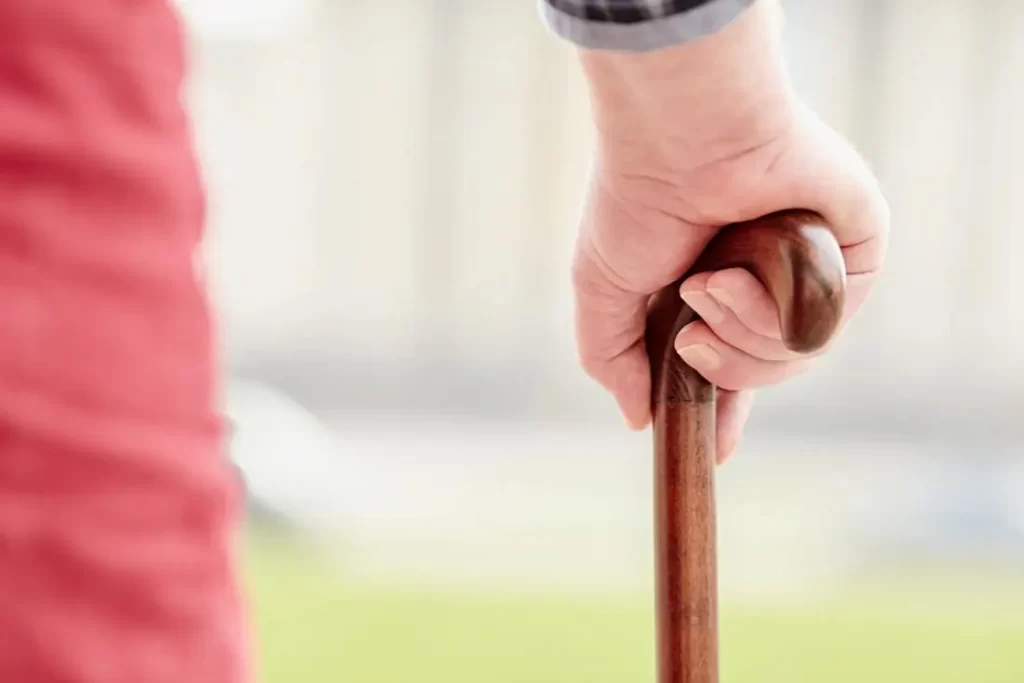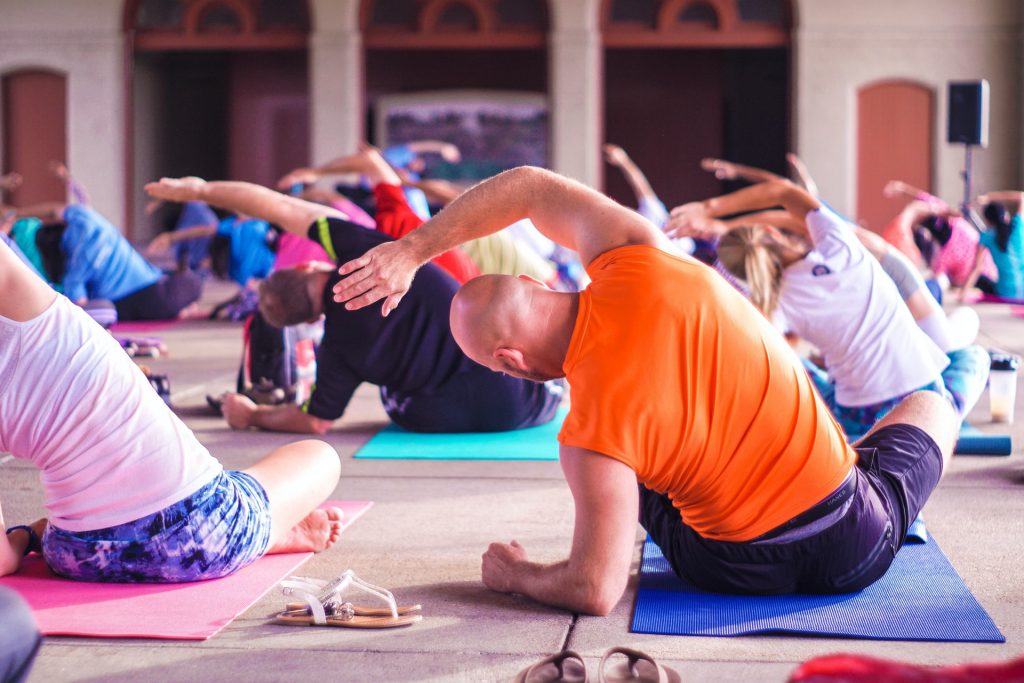Depending on the level – and length of time – that you need assistance with mobility, there are various options. It is best to get advice from a physical therapist and not make your own decision. If the choice you make yourself is incorrect or the aid not adjusted to your specific needs, you could end up doing damage and causing unnecessary pain.
Mobility aids include custom shoes, orthotics (specially designed shoe inserts), braces, canes, crutches, Nordic poles (for fitness walking), walking frames, scooters, and wheelchairs.
Canes Can Alleviate Arthritis Pain

- Using a correctly adjusted cane can reduce the progression of osteoarthritis (OA).
- When the pain in the joint is chronic, or where balance or gait is the issue, a cane can help enormously.
- The cane reduces the weight-bearing on the arthritic joint, corrects posture, gives stability to balance and assists when there is muscle weakness. The result is less pain and easier mobility.
- If the best option for you is a cane, be sure to get one that’s adjustable, fits your hand comfortably, has a rubber tip and is adjusted to your height. Use the cane in the hand on your stronger side and advance it with the affected limb (this helps preserve a normal gait pattern and keep the body weight over the base of support to ensure good balance).
- Your physical therapist is qualified to ensure all the above and instruct you on the correct use of the cane. Using it incorrectly can make your condition worse or result in a fall.
Mindset adjustment

Often it is an emotional hurdle that prevents people from accepting the need for a cane (or other walking aid). They think they are “admitting defeat” by using an aid. On the contrary – you would be actively ensuring an ongoing, active lifestyle and engaging fully in your environment. By reducing the stress on the affected joints and unnecessary pain, you are retarding the progression of arthritis.
No matter what type of arthritis you have, if it is causing difficulty in walking and increased pain, it is time to get advice on a walking or mobility aid.
Which walking or mobility aid do I need?

Consult with a physical therapist for an evaluation, which will include your balance, ability to bear weight, posture, stamina, muscle strength and general health status.
Canes are most beneficial when the condition is mild or with unilateral arthritic problems (on one side), e.g., hip or knee, and can also give relief to lower back stiffness and pain.
If you have bad arthritis in your hands, it may be difficult to hold a cane. In this case, a walker works better because you can push with your forearms. A walker is also a better option than a cane if your arm muscle strength and co-ordination isn’t good.
If you suffer from heart failure or COPD (chronic obstructive pulmonary disease), a cane is not a suitable option – a walker is better. In severe cases, a wheelchair is better than a walker.
Scooters should be seen as the “last resort” and not in the early stages of your arthritic condition. It is important to stay active and ambulatory for as long as possible.
The therapist who evaluates you will be able to determine which is the best option for your specific needs.



